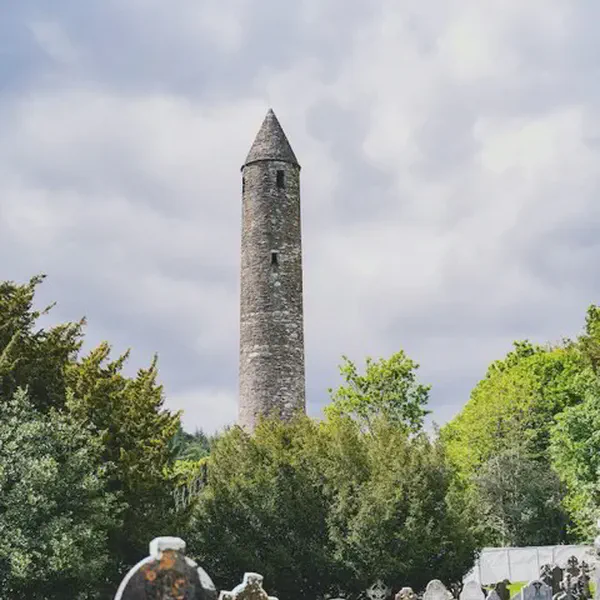On January 28, 1786 in Celtic History
By charter, the irish academy becomes the royal irish academy

The Irish Academy, known today as the Royal Irish Academy (RIA), was granted a royal charter in 1785, elevating it to the status of the “Royal Irish Academy.” This was a significant moment in the history of the Academy, recognizing its importance in the promotion of science, humanities, and social sciences in Ireland.
Foundation of the Irish Academy
The Irish Academy was founded in Dublin on June 25, 1782, by a group of Ireland’s leading scholars and academics. Its creation was part of a broader European trend in the 18th century of establishing learned societies to advance knowledge and scholarship.
Royal Charter
The granting of a royal charter by King George III in 1785 was a mark of official recognition and prestige. It acknowledged the Academy’s role in scholarly and scientific research. This charter allowed the Academy to style itself as the “Royal Irish Academy.”
Objectives and Activities
The RIA was established with the aim of promoting the study of science, polite literature, and antiquities. It provided a forum for intellectuals to present and discuss their work, and it played a crucial role in collecting and preserving manuscripts and other items of cultural and historical importance to Ireland.
Significance in Irish Cultural and Intellectual Life
The Royal Irish Academy became one of the most important cultural and scientific institutions in Ireland. It was instrumental in fostering academic research and scholarly exchange and played a significant role in preserving Irish language manuscripts and cultural heritage.
Membership
Membership in the RIA was and remains a significant honor, recognizing individuals who have achieved distinction in their academic fields. The Academy includes members from a wide range of disciplines, reflecting its commitment to a broad spectrum of scholarly pursuits.
Legacy and Contemporary Role
Today, the Royal Irish Academy continues to be a leading body in Ireland for the promotion of research and scholarship. It publishes academic journals, organizes lectures and conferences, and continues to contribute to the cultural and intellectual life of Ireland.
The transition of the Irish Academy to the Royal Irish Academy marked an important development in the institutional support for academic research and scholarship in Ireland, solidifying its role as a key guardian and promoter of Irish culture, science, and learning.
